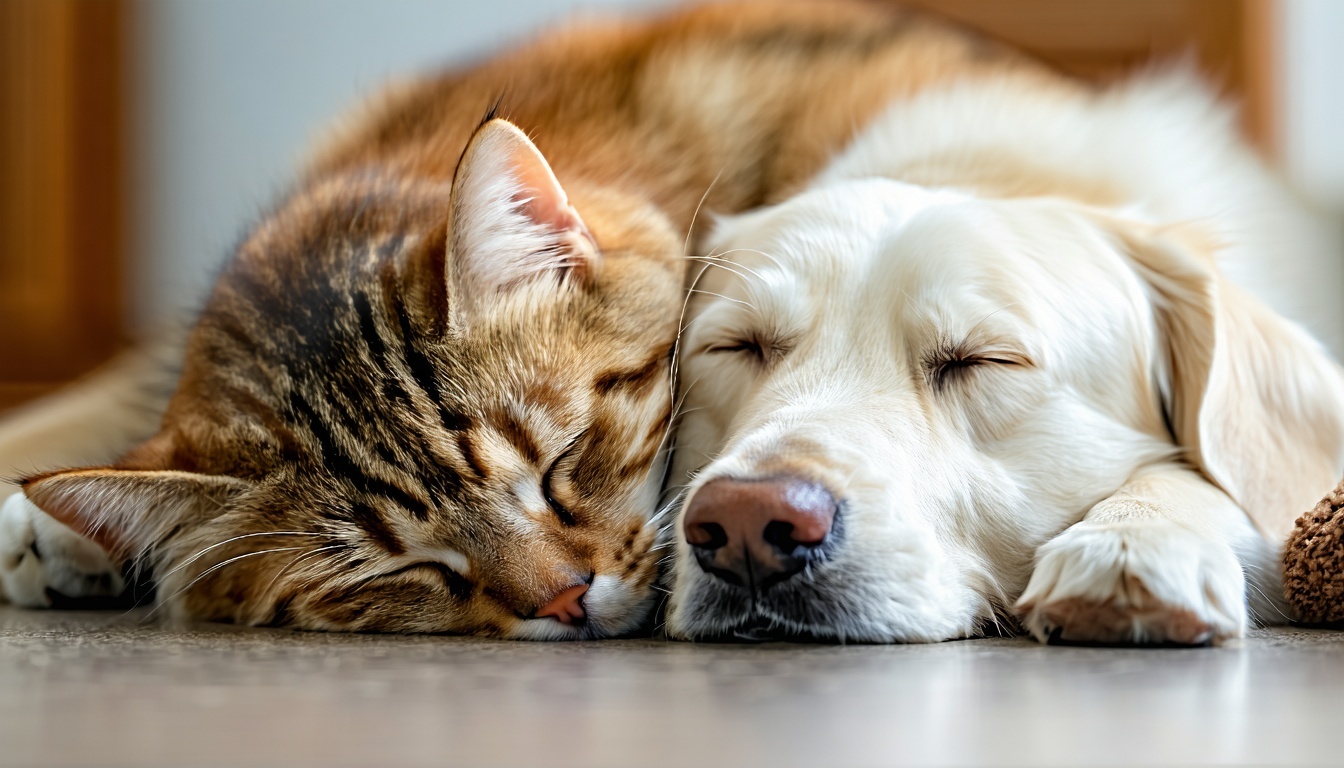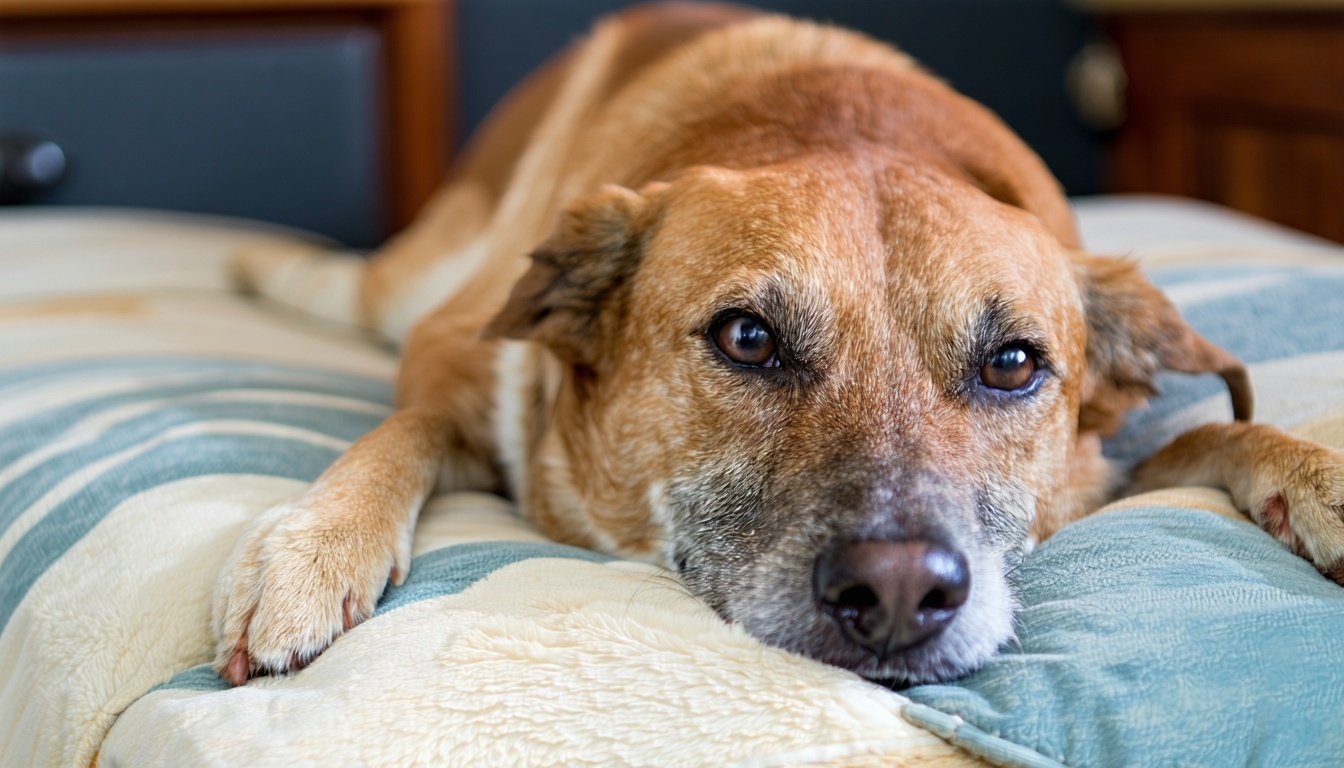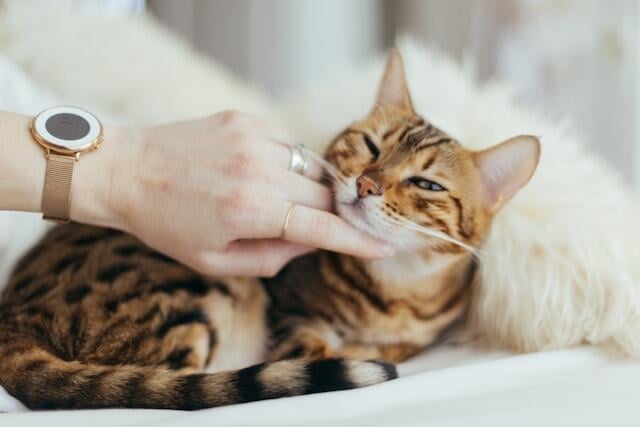
Written By: Pet Tech Labs Team
Melatonin isn’t just for insomniacs anymore. This naturally occurring hormone, best known for regulating sleep cycles in humans, is now getting attention in the pet health space and for good reason. Whether it’s helping a senior dog settle in for the night or calming a cat that’s stressed from a new environment, melatonin has emerged as a gentle, science-backed option for pet wellness.
But the real opportunity? It’s not just in the supplement itself. It’s in how veterinarians, retailers, and pet brands are packaging this ingredient under their brand names and seeing significant traction.
Let’s break down how melatonin for pets works and why private label pet supplements are becoming the smart move for businesses looking to grow.
If you’re already in the pet health supplement business, private label melatonin is more than a product. It’s a positioning tool.
Brand Trust: Offering melatonin under your own label signals that you stand behind its quality and results. For clinics, that means extending the trust you’ve built in person into your take-home product line.
Custom Formulations: You’re not stuck with generic. Formulas can be dialed in for specific needs—whether that’s calming anxiety in anxious cats or supporting hair growth in dogs with alopecia.
Better Margins: You control the product, which means you’re not splitting profits with third-party brands. That’s real revenue, not pennies on the markup.
Client Retention: When your name is on the bottle, clients remember where they got it. It creates a reason to come back—and recommend you to others.
Room to Scale: Launch with one blend, then expand to different SKUs based on age, size, or condition. The flexibility is built in.
Market Demand: According to Grand View Research, the global pet supplements market is projected to hit $3.2 billion by 2027. Melatonin is one of the ingredients leading that charge, thanks to growing demand for natural wellness support in pets.
Melatonin is a hormone the body makes to help regulate sleep-wake cycles. In both humans and animals, levels rise in the evening and drop by morning. Supplemental melatonin mimics this effect, helping reset internal rhythms and support calm behavior. When used appropriately, it can be a game-changer for pets that struggle with anxiety, restlessness, or certain hormonal conditions.
Here’s where melatonin shines for our canine companions:
Anxiety Relief: Whether it’s separation anxiety or panic during thunderstorms, melatonin can help dogs feel calmer without heavy sedatives.
Sleep Disorders: For senior dogs that pace or wake frequently at night, melatonin can support more restful sleep.
Alopecia: Some types of hair loss, especially non-allergic alopecia, respond well to melatonin supplementation.
Cushing’s Disease: While not a cure, melatonin is sometimes used to support hormonal balance in dogs with Cushing’s, easing symptoms and improving quality of life.
Cats can benefit too, especially in situations where behavior or stress is affecting their wellbeing.
Behavioral Stress: From travel anxiety to reacting to a new pet in the house, melatonin can help tone down fight-or-flight responses in cats.
Sleep Support: Cats with disrupted sleep cycles can benefit from small, carefully dosed melatonin to promote better rest.
Heat Cycle Management: Some vets use melatonin as a tool to regulate estrus cycles in female cats, especially in multi-cat environments.
Dosing is never one-size-fits-all, and melatonin is no exception. Here’s the general picture—but always loop in a vet.
Under 10 lbs: ~1 mg
10–25 lbs: 1.5–2 mg
26–100 lbs: 3–6 mg
Over 100 lbs: up to 6 mg, depending on the condition
A typical dosage falls between 0.5 mg to 1 mg, given once or twice daily.
Again, vet consultation is essential before starting any routine.
These are baseline suggestions. For best results and safety, a veterinarian should confirm dosage, especially when used for endocrine conditions.
Melatonin has a strong safety profile when used properly. It’s non-addictive and generally well tolerated. However, a few things are worth noting:
Some pets may experience drowsiness, mild digestive upset, or increased sleepiness if the dose is too high.
Never use human melatonin supplements unless verified safe by a vet. Some contain xylitol, which is toxic to pets even in small doses.
The safest approach is to use a pet-specific formulation designed for weight-based dosing, with transparent ingredient sourcing.
Private label melatonin allows you to align with current trends without sacrificing brand ownership. It’s a way to build trust, improve margins, and grow your product line with minimal friction.
PetTech Labs supports clinics, retailers, and growing supplement brands with a fully customizable private label process—from formulation to fulfillment. Whether you need a calming chew, a dropper formula, or condition-specific blends, we help you bring it to life under your own trusted brand.
Melatonin offers a gentle, effective option for supporting sleep, reducing stress, and managing behavioral or hormonal issues in both cats and dogs. And in today’s pet wellness space, offering it under your own label is one of the smartest brand moves you can make.
If you’re exploring private label supplements for pets, melatonin is a great place to start.
Melatonin helps regulate sleep cycles and ease anxiety in pets. For dogs, it’s commonly used to calm nerves during thunderstorms or separation. In cats, it can reduce behavioral stress and support normal sleep patterns. It’s also used to support hormonal balance in some cases.
Yes—when formulated specifically for pets and dosed correctly, melatonin is considered safe for daily use. The key is using a veterinary-formulated product, not human supplements, which can contain harmful ingredients like xylitol.
In certain types of alopecia, particularly seasonal or non-allergic, melatonin may help stimulate hair regrowth and improve coat health. At Pet Tech Labs, we’ve seen brands combine melatonin with biotin and collagen for multi-targeted coat support.
Soft chews are the most popular format, but dropper liquids, capsules, and powders are all viable depending on your customer base. Pet Tech Labs offers private label melatonin supplements in all major delivery systems with full customization options.
Dosing varies by weight and condition. Small dogs may need ~1 mg, while larger dogs may need up to 6 mg. For cats, 0.5 to 1 mg is typical. Always consult a veterinarian before starting a melatonin routine, especially for endocrine-related conditions.
Private labeling lets your brand own the customer relationship while capitalizing on growing demand. With Pet Tech Labs, you get full control over formulation, flavor, and format—plus stronger margins and better client retention. Melatonin is a fast-moving entry point into the calming and sleep support category.

Joint health for dogs and cats has long been the #1 health concern of pet parents. Numerous annual...
Pet Tech Labs Team

Even for cats with the healthiest diet and lifestyle, sometimes mobility challenges with age are...
Pet Tech Labs Team

Pet Tech Labs® sets the gold standard for companies looking for top-quality pet supplements and private labeling or contract manufacturing solutions
Pet Tech Labs® is part of the FoodScience® family of brands. Learn more at foodsciencecorp.com
1877 Midland St.
Syracuse, NE 68446
402.269.3195
FoodScience® LLC
929 Harvest Lane
Williston, VT 05495
1-800-451-5190